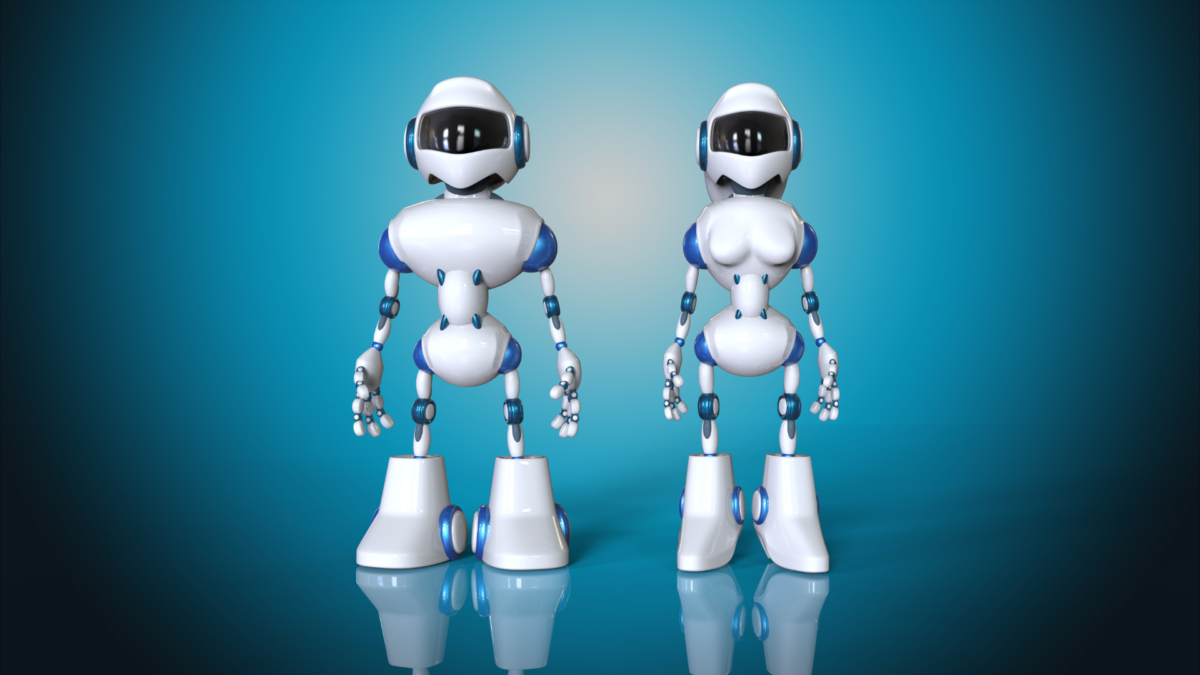The future of work is looming, and it looks very different from the world we know today! Technology has been advancing at an alarming rate, and it seems like every day, we hear about new developments that could have a major impact on the economy. So what does all of this mean for the future of work?
In this blog post, we’re going to take a look at some of the potential implications of robots taking over many jobs currently done by human beings. We’ll explore what this means for the economy as a whole and discuss some possible solutions that may be available to us in the future. So read on, and let us know what you think!
What is a Robot?
Robots are machines that are designed to carry out specific tasks without human input. They are becoming more and more common in the workforce, and their impact on the future of work is still being debated. Some people believe that robots will eventually take over many jobs, displacing human workers. Others think that robots will complement human workers, helping to increase efficiency and productivity. In either case, the future of work is going to be affected by this technology.
The question of whether or not robots will take over all jobs is still up for debate. However, there is no doubt that they will have a big impact on the way we work in the future.
How Do Robots Work?
Robots are intricate machines that blend hardware, such as actuators, sensors, and control systems, with software programs to carry out tasks independently. Actuators are vital components within robots, enabling them to translate energy into motion and force. These actuators come in different forms, including electric motor, hydraulic or pneumatic cylinder, and specialized mechanisms like servo linear actuator, which offer accurate control over linear motion.
The actuators are controlled by a robotic control system, typically a computer or programmable logic controller (PLC), which executes programmed instructions and algorithms to coordinate the robot’s movements and actions. Sensors such as encoders, vision systems, and force/torque sensors provide feedback to the control system, allowing it to monitor and adjust the robot’s operations in real-time.
So far, most robots have been used in factories where they move around a lot and do repetitive tasks. But there are also robots that are designed specifically for the workplace. These robots can handle more complicated tasks and can be more versatile overall. For example, one robot called the Unimate is designed to weld metal parts together. It is much faster than a human worker and doesn’t get tired as quickly.
The use of robots in the workplace has some potential benefits as well as some risks. The biggest benefit is that it could save companies a lot of money on labor costs. In fact, studies have shown that it is possible to replace up to 95% of the workforce with robots over the next few decades without any significant drop in production or quality standards.
Why Are Robots So Important?
In the past few years, robots have become an increasingly important part of life and work. Here are some reasons why robots are so important:
They’re efficient:
Robots are incredibly efficient workers. They can complete tasks quickly and with little human intervention, which is a major advantage when it comes to manufacturing and other industrial processes.
They’re versatile:
Robots can be tailored to specific tasks, making them a more versatile option than human workers for many jobs. This means that businesses can save money by using fewer human employees overall, without sacrificing quality or productivity.
They’re safe:
Robotic technologies are incredibly safe and reliable, which is another big advantage over human workers. In fact, there have been very few documented cases of robot-related accidents or injuries in the workplace.
They’re adaptable:
As robots continue to evolve, they’ll become even more adaptable and able to handle new types of tasks and environments. This means that businesses will be able to rely on them more and more as the technology becomes increasingly widespread and reliable.
The Future of Robotics
Robots are quickly becoming a staple in many industries, with many users predicting that the robotics industry will grow by 20% each year through 2020. The widespread use of robots has both positive and negative implications for the future of work.
The good news is that automation is helping to liberate people from dull, menial tasks and giving them more time to focus on higher-value activities. As machines take over routine tasks, humans can move into new roles, such as development and design, where their creativity and innovation are critical. The bad news is that robots may also push some workers out of jobs entirely. Automation may lead to increased production levels, but at what cost? Increased automation may mean fewer jobs in manufacturing and other sectors that rely on physical labor. In addition, since robots cannot experience emotions or feelings as humans do, they may not be able to empathize with human workers or understand their needs. This could lead to conflict or even hostility between the two groups of workers.
Ultimately, it is important for companies to develop policies and procedures specific to the robotics industry in order to minimize negative impacts while maximizing opportunities for employees. By taking these steps now, businesses can ensure a bright future for themselves and their employees as robotic technology continues to evolve.
What Does This Mean for the Future of Work?
Robots are coming, and they’re bringing big changes with them to the way we work. Here’s what you need to know.
First off, robots are going to replace a lot of human labor in the near future. They’re already doing this in a number of different industries, from manufacturing to nursing. In the long run, they’ll do even more damage to the workforce. That’s because robots don’t get tired or emotional. They’re able to work long hours without complaining or taking time off. That means companies can save a lot of money by replacing human workers with machines.
Sometimes, this will be good news for people who lose their jobs due to automation. But it won’t be good news for everyone. For example, factories that make products like cars and clothes are going to have a hard time finding enough workers who are qualified to do the job properly. This is because most people don’t have any experience working with robots.
So what does this mean for the future of work? It’s pretty scary stuff!


